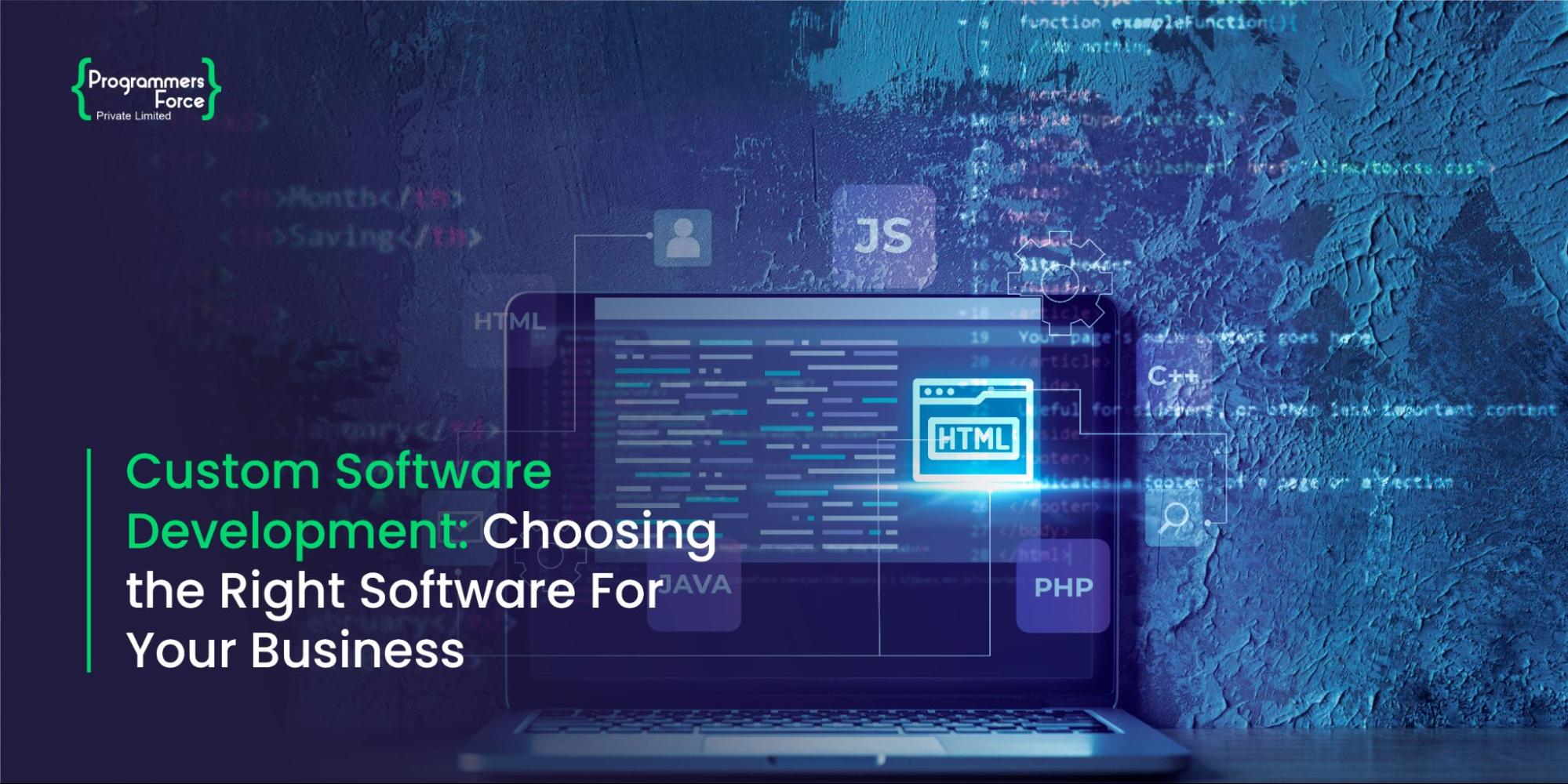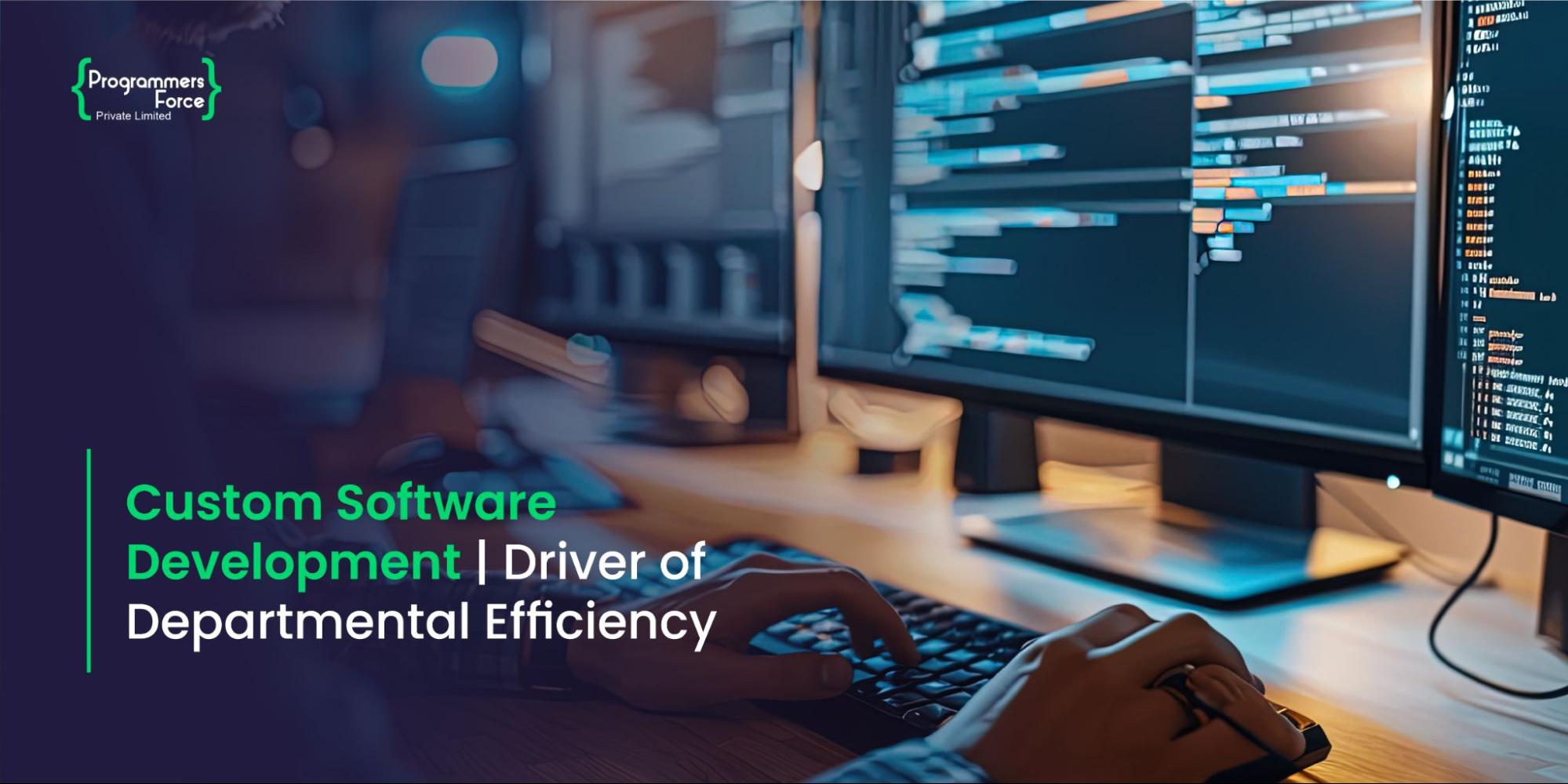
Understanding RegTech: Lessons For Businesses On Adopting Regulatory Technology
Regulatory technology is primarily used to assist with organizations’ regulatory compliance and make financial processes more efficient and safe. I believe it’s reshaping how businesses approach compliance, regulatory obligations and security.
The rise of this technology is largely due to increased regulatory requirements and the threat of cybercriminals. Cybercriminals and scammers have advanced alongside our developing technologies and are now more sophisticated than ever. As a result, some companies are turning to regtech solutions to help automate compliance processes and battle cyber risks.
In 2022, the regtech market was valued at $7.74 billion, and it is projected to reach $53.37 billion by 2030. The surge in regtech requires striking a balance between technological advancement and regulatory compliance solutions. Additionally, running a business worldwide requires adherence to stringent compliance requirements that ensure safety and reliability in operations.
Earlier this year, my company, an IT firm that’s developed fraud-prevention and AI-based systems, invested in a regtech solution to fight financial crime, so this is a market I’m paying close attention to. Through this experience, I’ve seen how these solutions can provide aid in combatting potential threats, risks and illicit activities.
Understanding Regtech: Common Applications
Regtech is commonly used in the finance sector. The finance space is generally at a high risk of getting targeted by offenders. Additionally, performing compliance and security checks manually can be resource-intensive and prone to errors. Financial institutions spend billions of dollars annually on manual compliance checks. In 2017, it was estimated that as much as 10% of financial firms’ total operating costs would be attributed to compliance activities by 2022, according to Financial News (paywall).
Here are a few common applications for regtech:
- Identity verification and management: The purpose of these solutions is to verify the identities of entities that make contact with a business and prevent businesses from onboarding illegitimate entities, such as cybercriminals or scammers. In my experience, some regtech service providers offer a suite of identity verification solutions.
- Anti-money laundering: Integrating policies and measures that prevent criminal infiltration comes under AML compliance. Regtech can be applied here to help businesses stay safe from criminals. Financing of terrorism is also a threat, and some regtech providers offer counter-terrorism financing measures that aim to block these illegal financing activities.
- Regulatory compliance: Governments and legal bodies usually enact security regulations to battle the threat of cybercriminals effectively. Compliance with these regulations is necessary because companies may be subjected to fines and penalties for non-compliance. Regtech solutions can enable businesses to meet these regulatory requirements efficiently and ensure companies operate within the legal framework with minimal effort.
Artificial Intelligence In Regtech
Many regtech solutions use artificial intelligence and machine learning mechanisms in their processes. As these technologies advance, I believe regtech will as well. These technologies can be used by regtech providers to process and manage large amounts of data in less time. They can also be used to create and identify patterns, which can help businesses detect cybercriminals that fit the pattern of previous offenders.
Artificial intelligence can allow regtech developers to automate certain processes, such as identifying illegal entities and eliminating them as well as generating compliance reports. This can help companies save resources and reduce errors.
Mapping The Future Of RegTech
As I mentioned previously, a key factor driving the regtech sector is the ever-changing nature of regulatory requirements. Additionally, I believe advancements in the AI, ML and data analytics sectors contribute to developing regtech solutions.
From my perspective, the future of regtech is bright, and the potential is vast. However, there are challenges regtech solutions must face, including navigating strict, complex and varying regulatory requirements globally; integrating regtech solutions to existing networks; overcoming needed cultural shifts within organizations and managing a staggering volume of complex data and siloed data sources. In the future, I expect the industry to see more sophisticated challenges due to the involvement of AI and ML.
What This Means For Businesses
Considering the potential of regtech solutions, some companies have been investing considerably in them, my own included. We took a leap of faith. Through this experience, I’ve observed that adopting regtech solutions may require a massive shift from a company’s current verification and security processes, particularly if a company still uses manual and legacy systems for its verification processes.
Regtech solutions could present other obstacles as well, including integrating the solution into a company’s existing software, dealing with outdated computer systems, maintaining global compliance requirements, data breaches linked to third-party vendors and finding the right regtech solutions for the company. This might seem overwhelming, but there are a few best practices you can keep in mind to find the right solution.
First and foremost, clearly define your objectives, and make sure they complement the aims of your business. This includes being aware of difficulties your company encounters, high-risk areas, the requirements for regulatory compliance and possible areas where regtech might make a difference. Once you’ve done this, you can look for a solution that accommodates your needs and maintains accuracy and reliability. Ensure it will be able to operate seamlessly in your business and can process, analyze and report swiftly without compromising accuracy.
Organizations must also undergo a cultural shift. This can be done by placing more emphasis on change management, allocating funds to risk and compliance departments and educating employees on emerging technologies. To avoid falling behind, a corporation needs to be nimble and capable of adjusting to new developments and trends. These tips can help businesses cut through the noise and find a solution that reduces friction and unnecessary delays while making informed decisions and securing business operations.
Some leaders’ reluctance to change is understandable, especially in an environment where institutions are cautious about spending. Adopting these solutions can help with compliance and improve business agility. Nevertheless, adopting regtech solutions will also require changing fundamental processes, which is quite challenging. Overcoming these obstacles requires checking all the stated boxes above and choosing the right regtech solutions vendor.
Note: Originally posted on forbes










